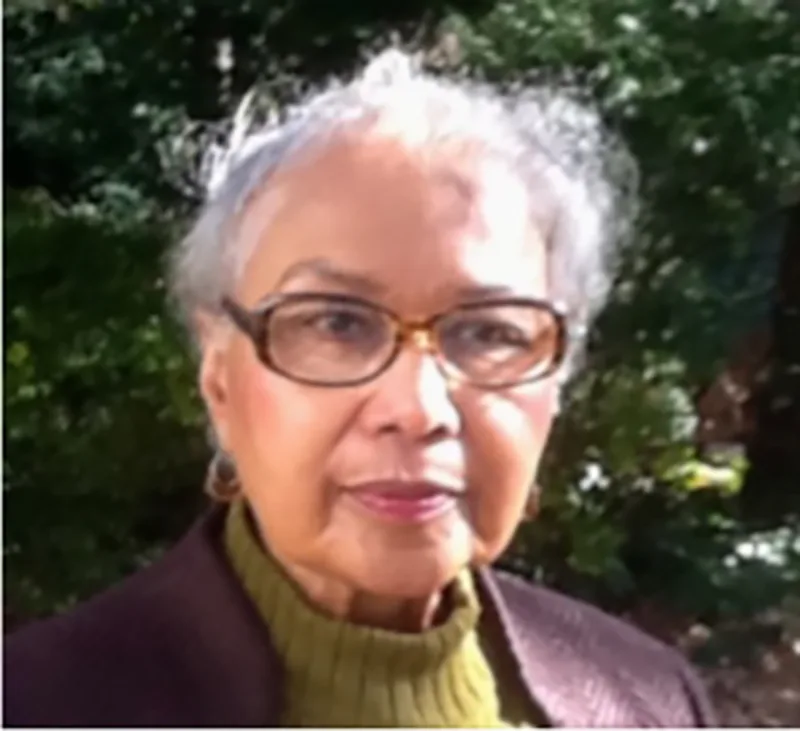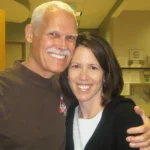Breast Cancer Leads to Volunteering

Jamie Galloway volunteers her time supporting other breast cancer survivors. She provides them comfort and companionship, just as she was supported during her own battle with the disease.
Listen
Transcript
My name is Jamesetta Brown Galloway. I’m 73 years old and my diagnosis was carcinoma in situ of the breast cancer. My mother had breast cancer and my mother died when I was five and a half years old and I had started having trouble with my breasts when I was around 37 years old. They called it, fibrocystic breast disease at that time, and they didn’t have the stereotactic procedures.
And so anything that looked suspicious, you would have an excisional biopsy, and I must have had at least three or four. And I always felt that something was going to happen. And then two years after my retirement, I was diagnosed. I was treated at Hopkins. And after a year. I decided that I would volunteer in the imaging.
I had such a wonderful experience with my support person, whose name was Gloria, and her case was very much like mine. And she came down in the emergency room to pick me up to go up to localize the area before surgery. And I made such a connection with her, I said, okay, you can do this. And so I was invited also to go to their retreat.
And it was an overnight, and there, again, I was assured that this is something that I wanted to do. And it’s been quite rewarding. I also go and support them when they’re having their biopsies. And it’s comforting to have a support person. And you not only talk about what’s going to happen to the patient, but sometimes you just talk about children.
Just to make it comfortable before the doctor comes in, before he starts the procedure. There’s some patients that they really don’t want to do it and they might even say, I don’t think I’m going to do this. And you say to them, but you’re here, you have a family who loves and wants you.
Yeah, you can do this. I did it, you can do it. That kind of, like a cheerleader, I feel it’s the right thing to do. I wouldn’t call it satisfaction, I just feel that it’s the humanitarian thing to do. If you can do it, you do.






